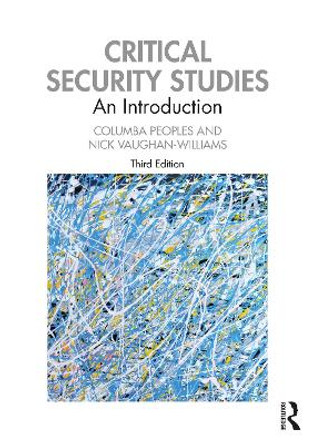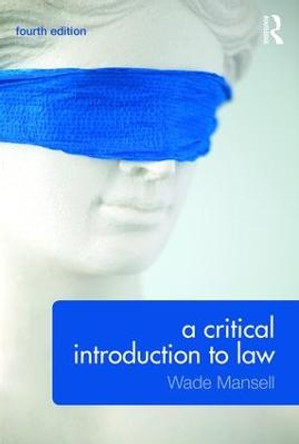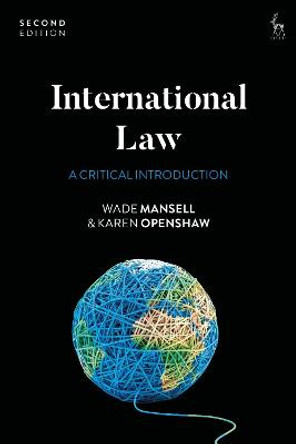Description
Can Canada claim to be a just society for Indigenous peoples? To answer this question, and as part of the process of reconciliation, the Truth and Reconciliation Commission urged a better understanding of Aboriginal law for all Canadians. Aboriginal Peoples and the Law responds to that call, introducing readers with or without a legal background to modern Aboriginal law and outlining significant cases and decisions in straightforward, non-technical language. Jim Reynolds provides the historical context needed to understand relations between Indigenous peoples and settlers and explains key topics such as sovereignty, fiduciary duties, the honour of the Crown, Aboriginal rights and title, treaties, the duty to consult, Indigenous laws, and international law. This critical analysis of the current state of the law makes the case that rather than leaving the judiciary to sort out what are essentially political issues, Canadian politicians need to take responsibility for this crucial aspect of building a just society.
This introduction to contemporary Aboriginal law lays the groundwork for any assessment of Canada's claim to be a just society for Indigenous peoples.
About the Author
Jim Reynolds is an associate counsel with Mandell Pinder LLP, Vancouver, and former general counsel for the Musqueam Indian Band in Vancouver. He is listed as a leading practitioner in Aboriginal law in Lexpert and Best Lawyers in Canada. He has practised, taught, and written about Aboriginal law for almost forty years.
Reviews
Because the book is an introduction to modern Aboriginal law, Reynolds avoids using technical legal languages but provides a comprehensive and critical analysis of modern Aboriginal law through extensive resources, including key court decisions, legislation, treaties and agreements, political statements, documents and reports, as well as academic literature.
-- Fumiya Nagai, Department of Anthropology, University of British Columbia * Great Plains Review *As an introduction, [Aboriginal Peoples and the Law] offers ample contextualization of contemporary developments within the law-including overviews of historical background, treaties, Crown sovereignty, and Aboriginal rights and title-while keeping legal jargon and technical analysis to a minimum. In its efforts to remain accessible to all readers, Aboriginal Peoples and the Law invites all Canadians to participate in this crucial national discourse. -- Olivia Burgess * Canadian Literature *
Reynolds provides a clear and highly readable summary, and critical analysis, of Canadian law as it pertains to Aboriginal and treaty rights, self-government, Aboriginal title, the duty to consult, and to both Indigenous and international sources of law...this is an excellent book for introductory or intermediate-level undergraduate students, and both the layout and useful end-of-chapter summaries make it an ideal choice as a course text. -- Michael Murphy, University of Northern British Columbia * The Journal of the Institute of Public Administration of Canada *
As a lawyer with several decades behind me, I learned something on nearly every page. Most importantly, I appreciated Reynolds's explanation of the context in which the law has been made through judges' decisions and also of the relationships between the history and the present and between various sub-fields of Aboriginal law... My students, I believe, found Aboriginal Peoples a straightforward and easily-comprehensible explanation of the law that enabled them to get up to speed quickly and to begin to analyse current legal issues.
-- Sarah Pike * USAPP American Politics and Policy Blog *Book Information
ISBN 9780774880213
Author Jim Reynolds
Format Paperback
Page Count 296
Imprint University of British Columbia Press
Publisher University of British Columbia Press
Weight(grams) 450g








